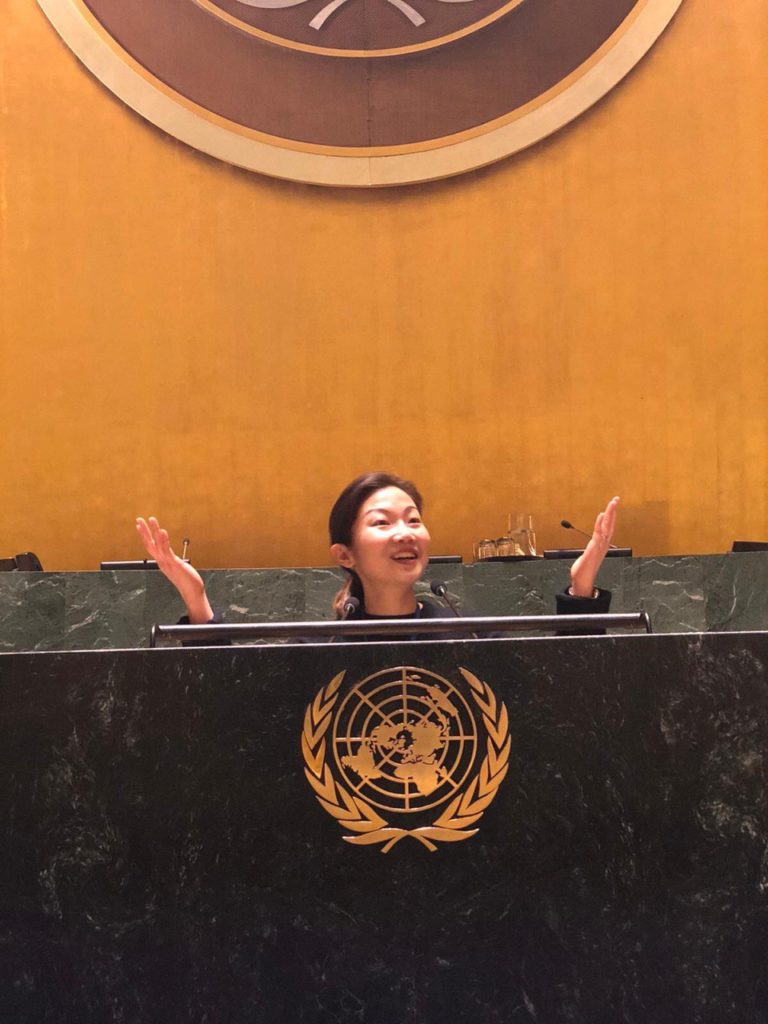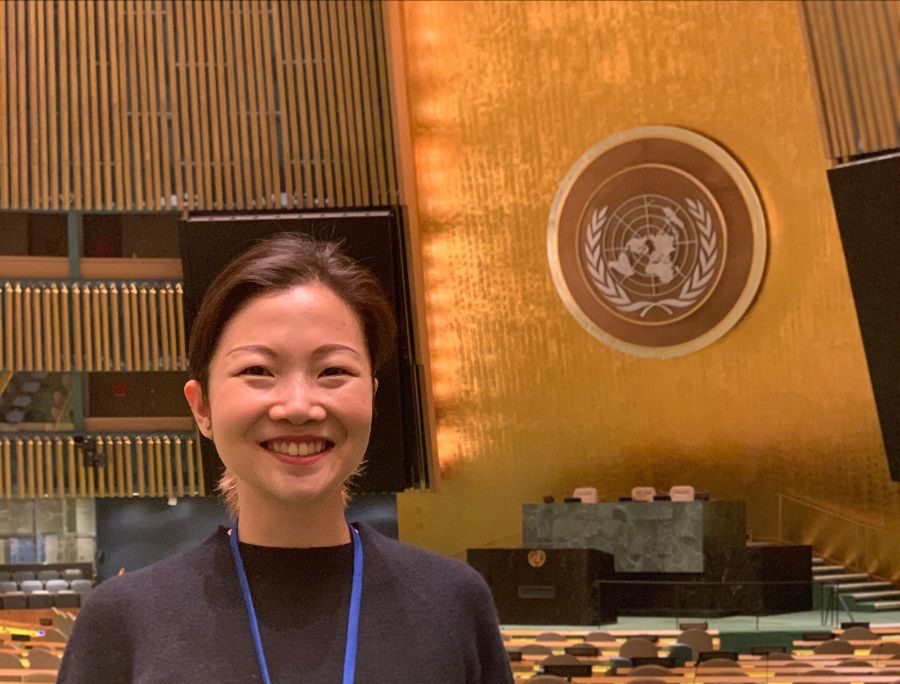
In the Spring of 2020, I had the privilege of interning at the Permanent Observer Mission of the Holy See to the United Nations. Having the unique opportunity to take part in the Vatican’s premier multilateral diplomatic outpost at the United Nations, in the city that never sleeps is, quite frankly, the stuff dreams are made of. It was a daily routine of being in awe at where life had taken me and what had been made possible by Fordham University’s International Political Economy and Development (IPED) Program, which provided me with the fellowship to pursue this opportunity.
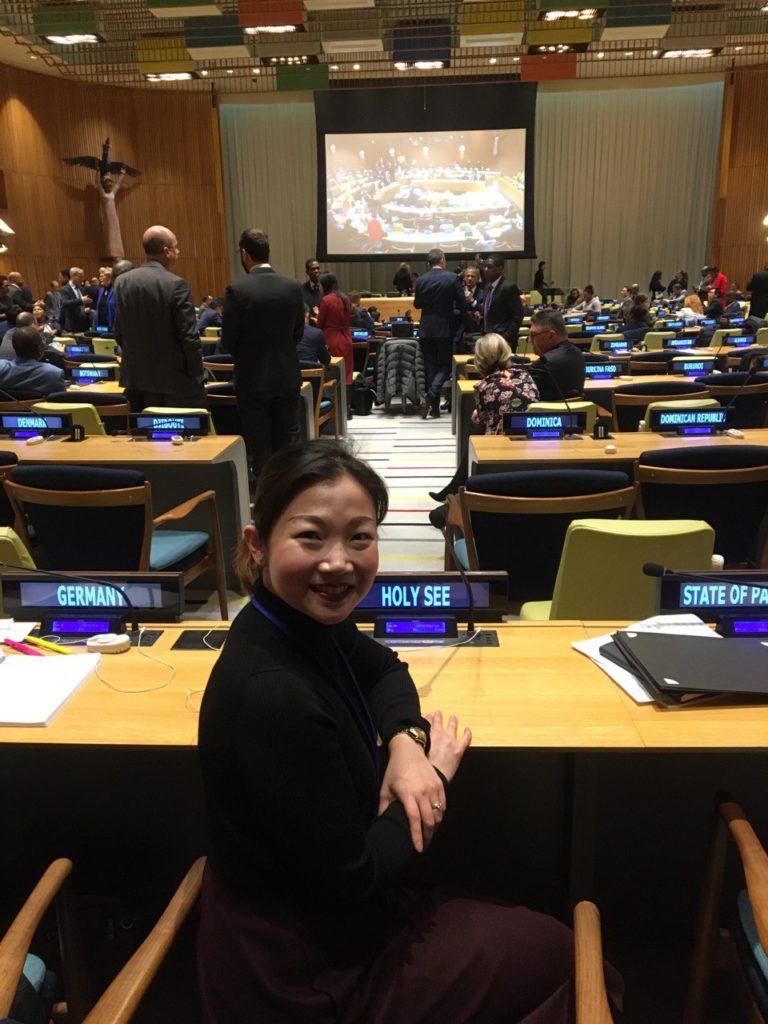
The Holy See is an Observer State at the UN – which means it can deliver statements and participate actively in negotiations but cannot run for office, sponsor resolutions or vote on candidates or resolutions. The Holy See Mission’s diplomatic emphasis is to communicate effectively Catholic Social Teaching within the United Nations to assist in the realization of peace, justice, human dignity, and humanitarian cooperation. With my background in international political economy and development, I was tasked to follow development issues at the UN, which means both the work of the Second Committee of the General Assembly as well as the Economic and Social Council, which oversees economic and financial issues such as climate and biodiversity, measuring sustainable development, financing for development, and the Covid-19 response, among others.
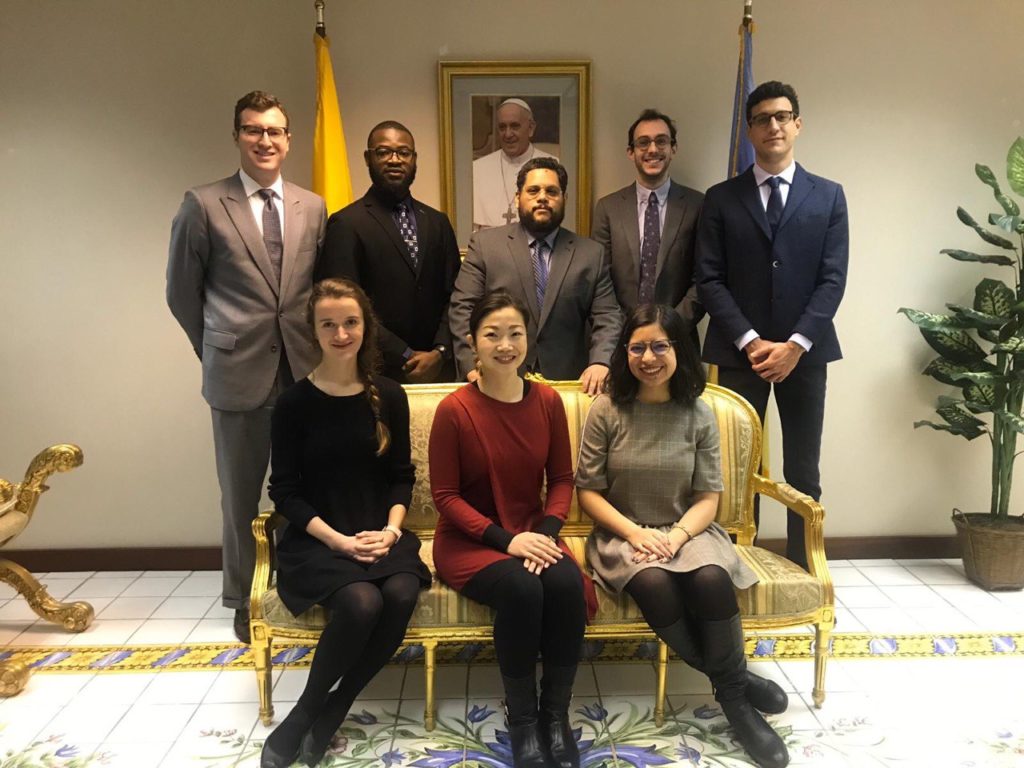
This unique opportunity to help represent the Holy See at consequential UN meetings has been a great contribution to my professional development. It was an ongoing learning process that connected theory to practice. The experience brought me a greater understanding and respect for the UN and for the Holy See’s diplomatic work. For example, in this time when pundits are urging the world to “build back better” in the wake of the pandemic, I was awestruck to learn that, as early as 1967, Pope Paul VI had already been talking about inequality and the need for a better economic order that sees beyond profit and values the welfare of the human person (Populorum Progressio). Alongside influential and rhetoric-changing encyclicals such as Pope John Paul II’s Sollicitudo Rei Socialis and Pope Francis’ Laudato Si, these have collectively elevated my appreciation of the Church’s role in shaping society not only through pastoral ministry but also through thought leadership.
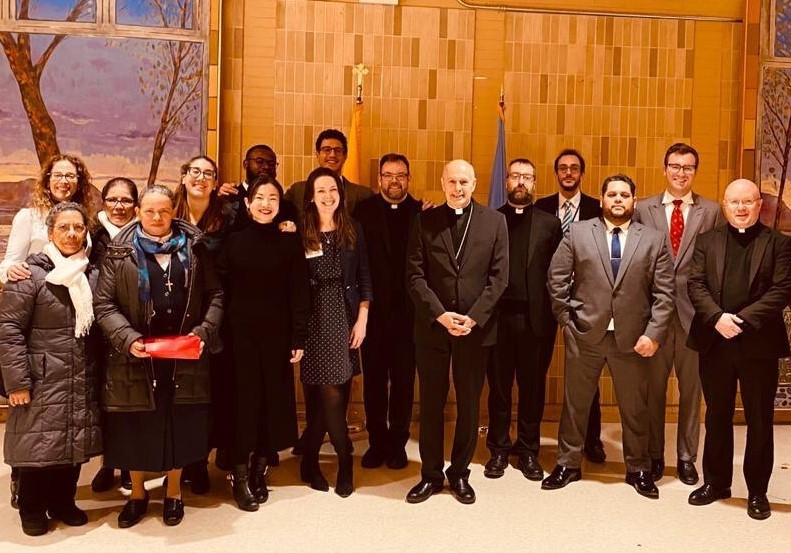
This experience has also been valuable to me personally. In his address to the diplomatic corps accredited to the Holy See earlier this year, Pope Francis talked about the importance of dialogue and self-restraint to avoid the escalation of conflict. The word self-restraint struck me as a virtue rarely exercised or given much thought in most levels and spheres of society – likely because it is seen as a weakness, while domination and exploitation are viewed as strengths. Yet, self-restraint is paramount in the world of diplomacy. In many debates and negotiations at the UN, I have seen self-restraint result in more effective outcomes. This has led me to a profound appreciation of this virtue and its applications not just in the political economy but also on a personal level – and it has had a major impact already on the way I relate with others.
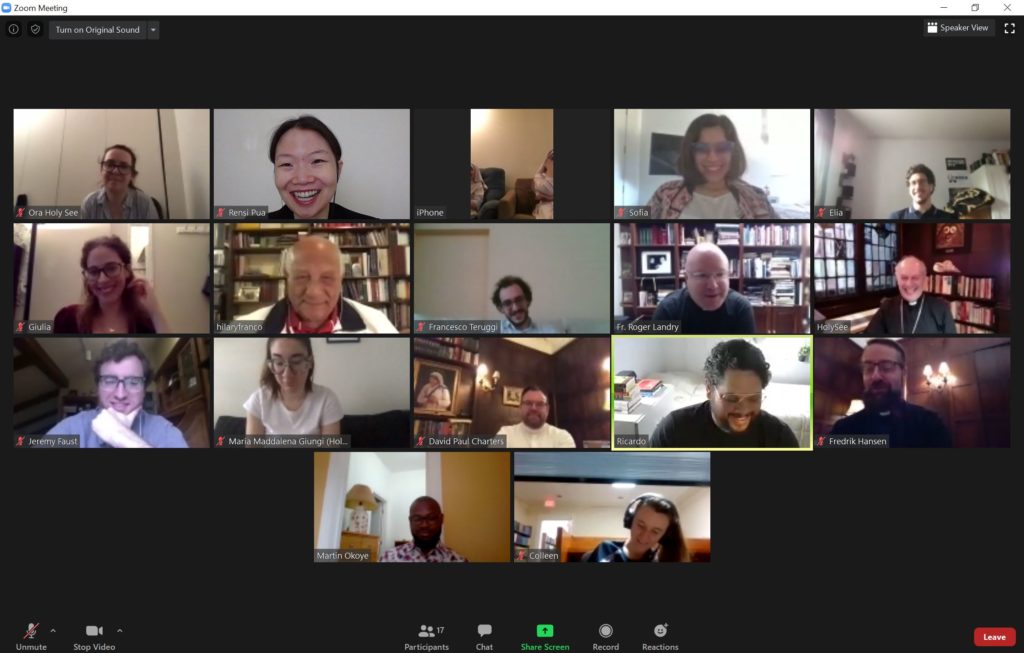
In our final Zoom staff meeting, Archbishop Gabriele Caccia, Permanent Observer of the Holy See Mission, shared Pope Paul VI’s Italian expression about the humanism that inspires the Church’s work in society: the Church is interested in tutto l’uomo e tutti gli uomini, which means “the whole person and all people.” The phrase speaks of interconnectedness: when we harmonize all aspects of our own life, we are also able to harmonize with others. True enough, the values and principles I learned from this experience are themes that cut through the personal, the professional, and the political. Apart from the hard skills and technical knowledge I gained, the internship has also given me a compass that helps me align my goals and actions with what matters and what needs to be done to advance peace, justice, equality and dignity for all.
